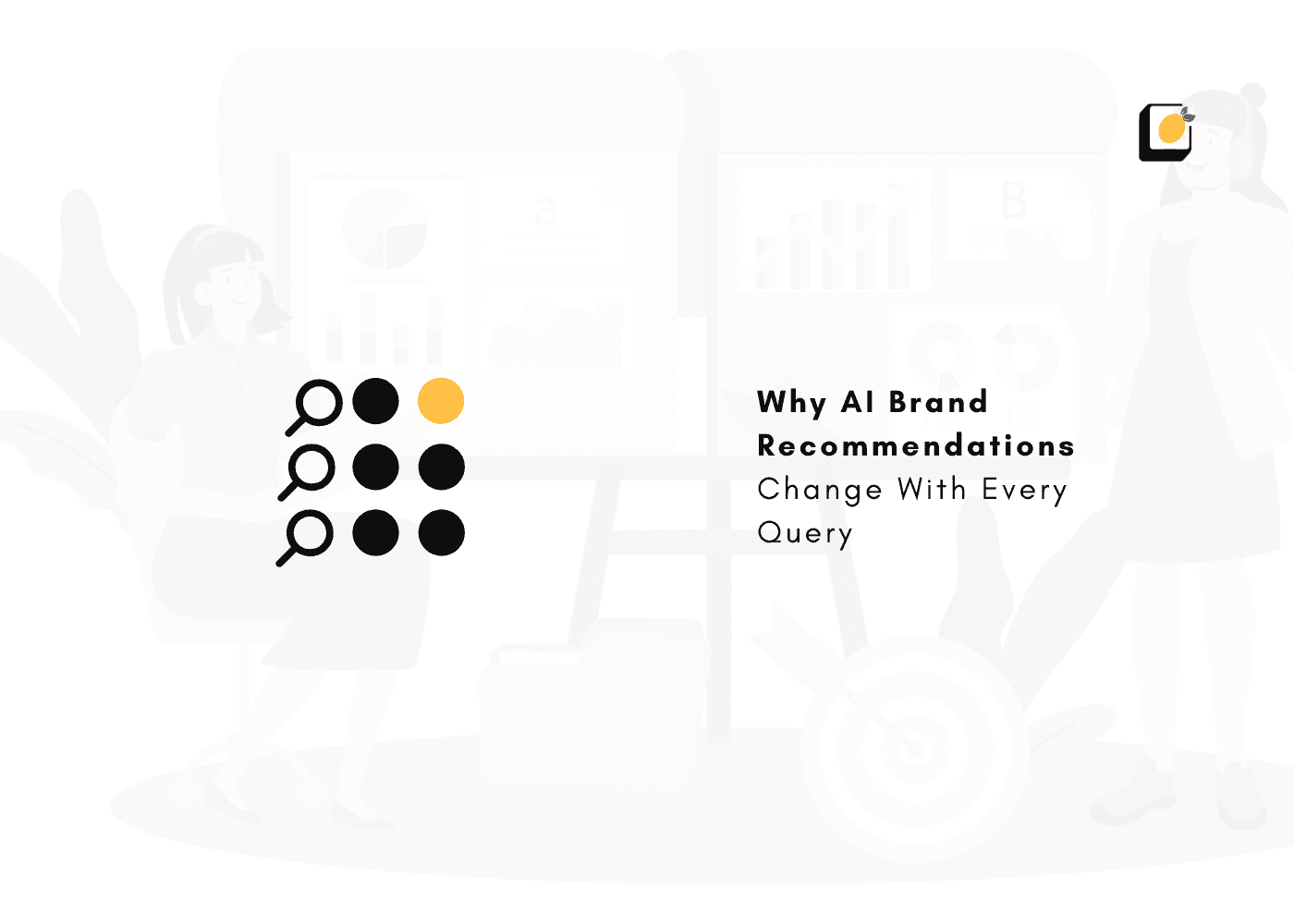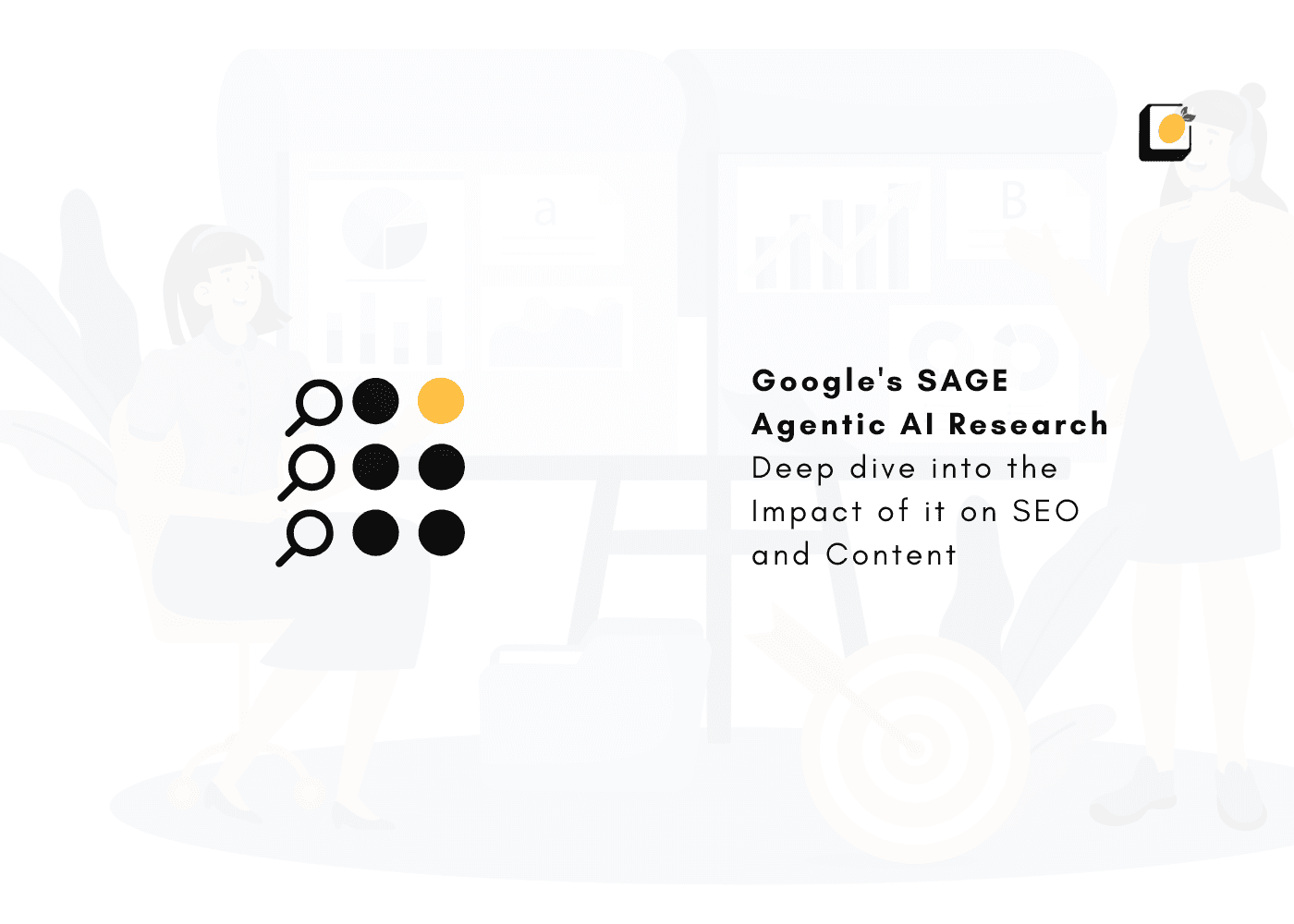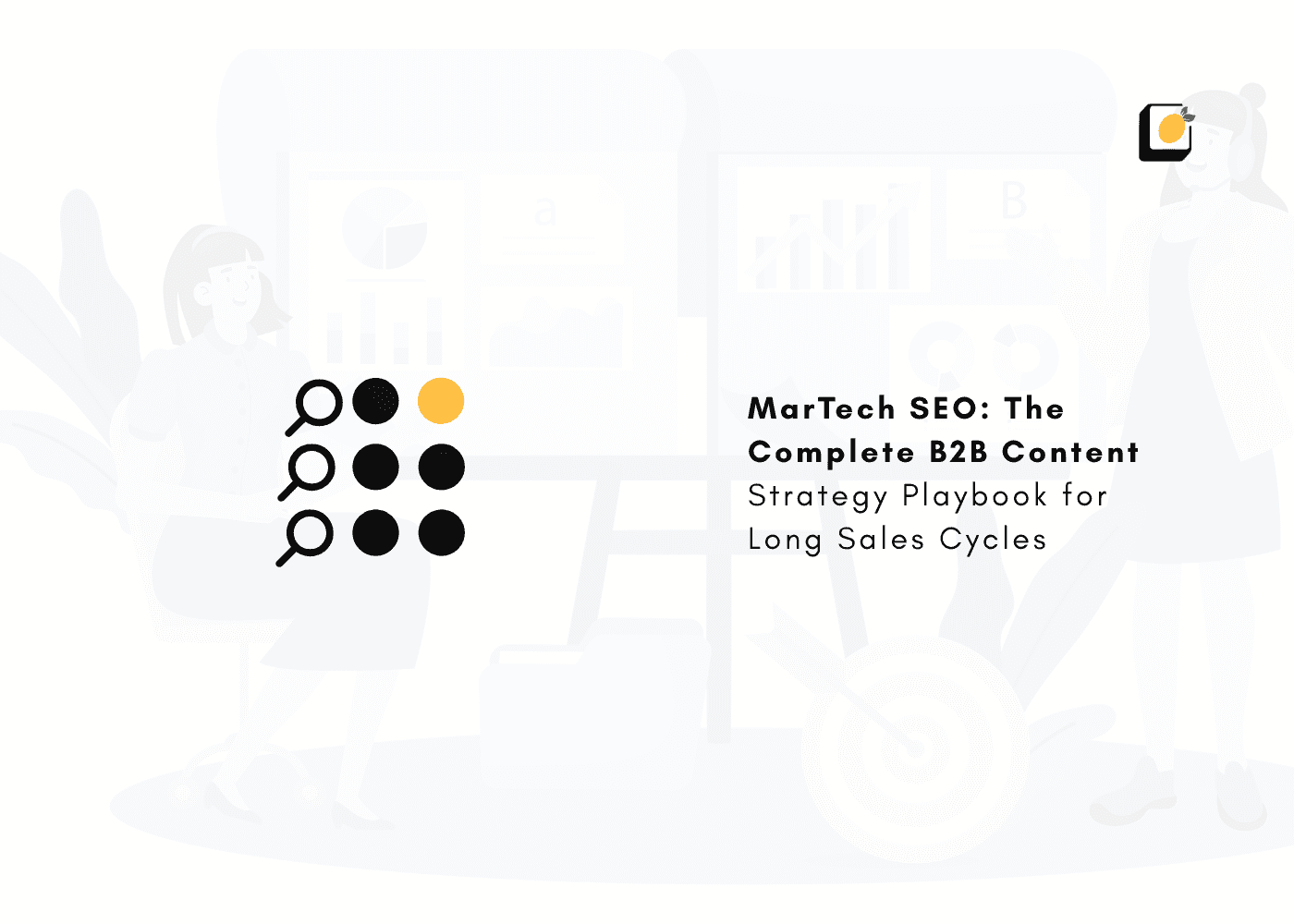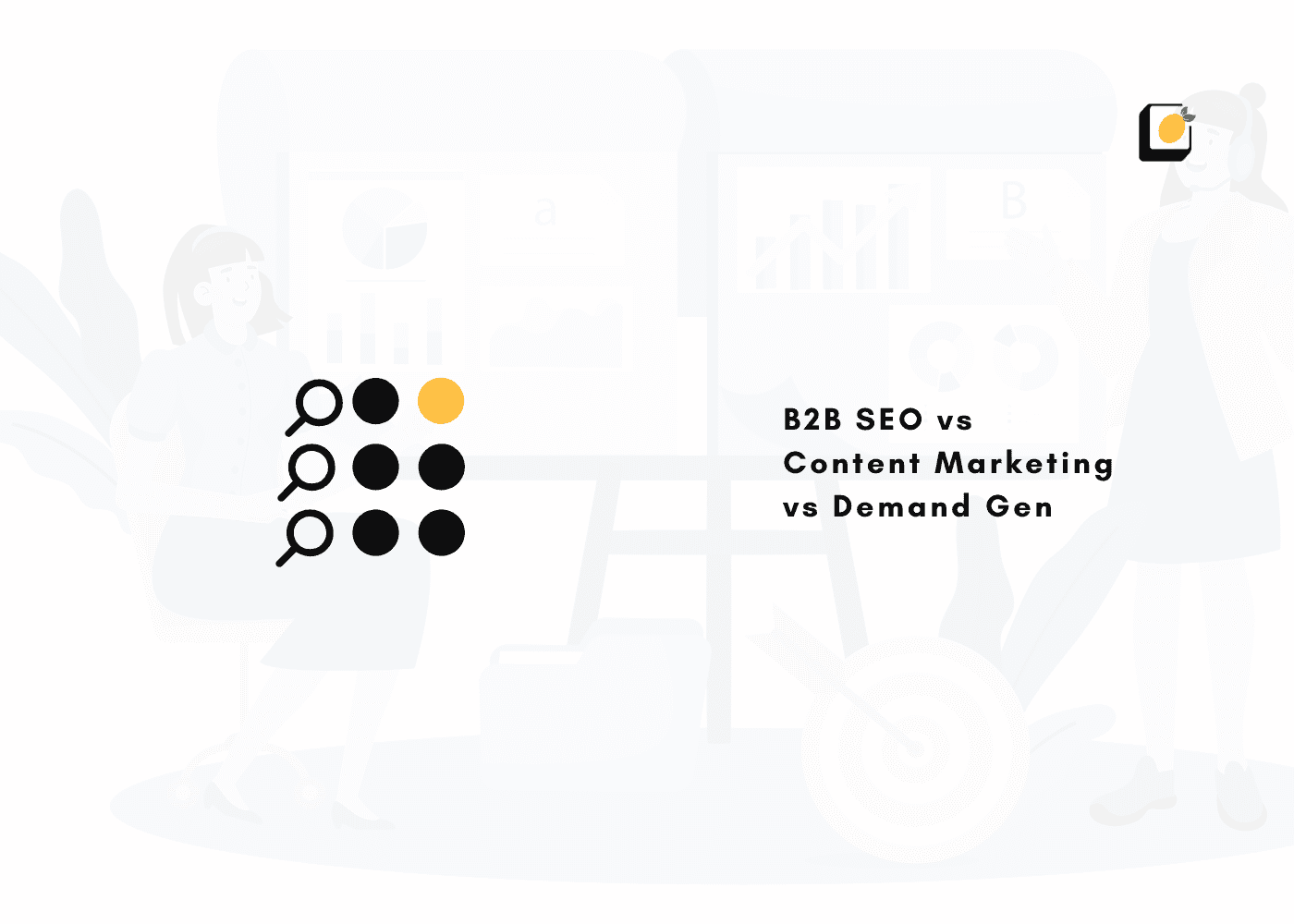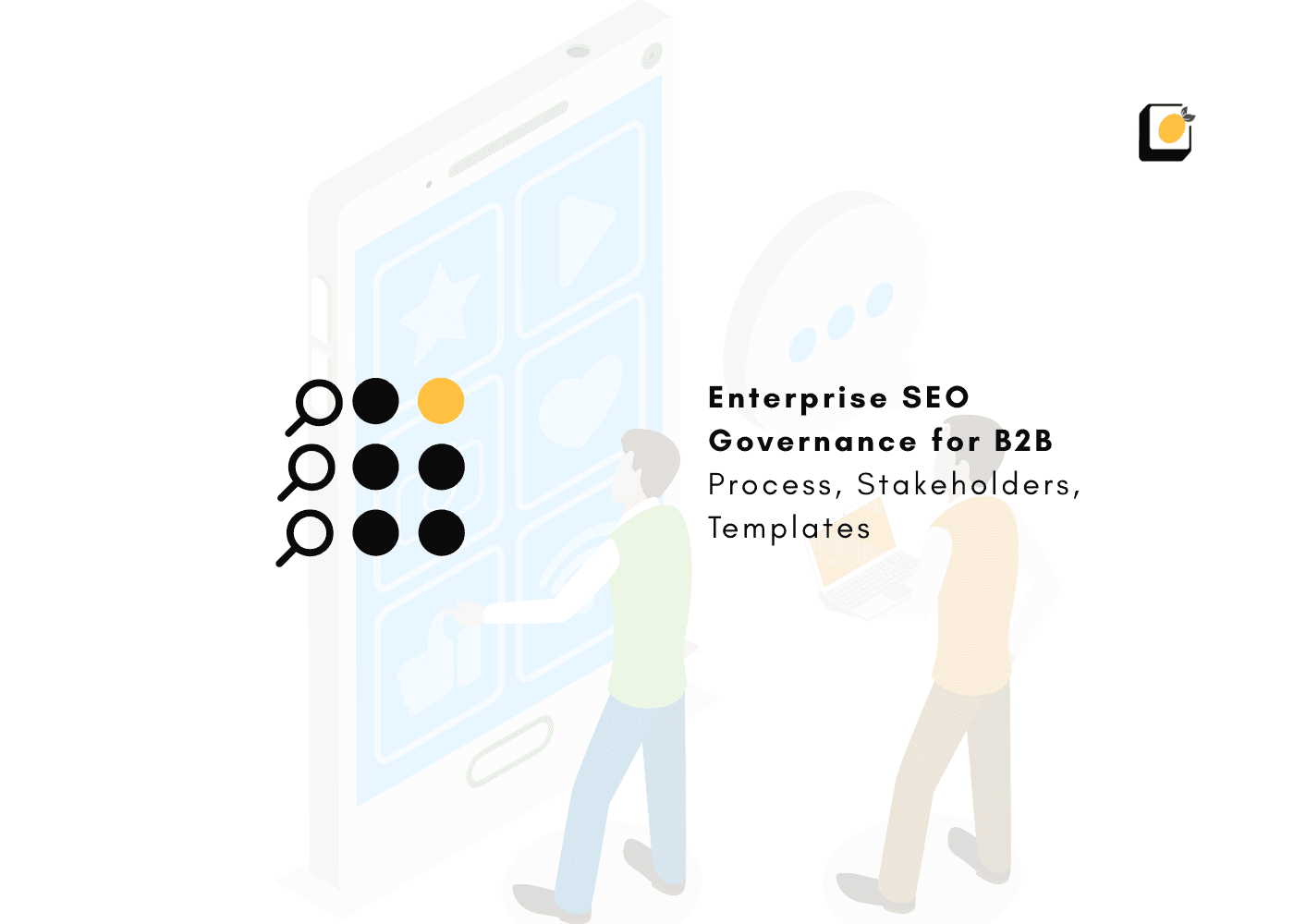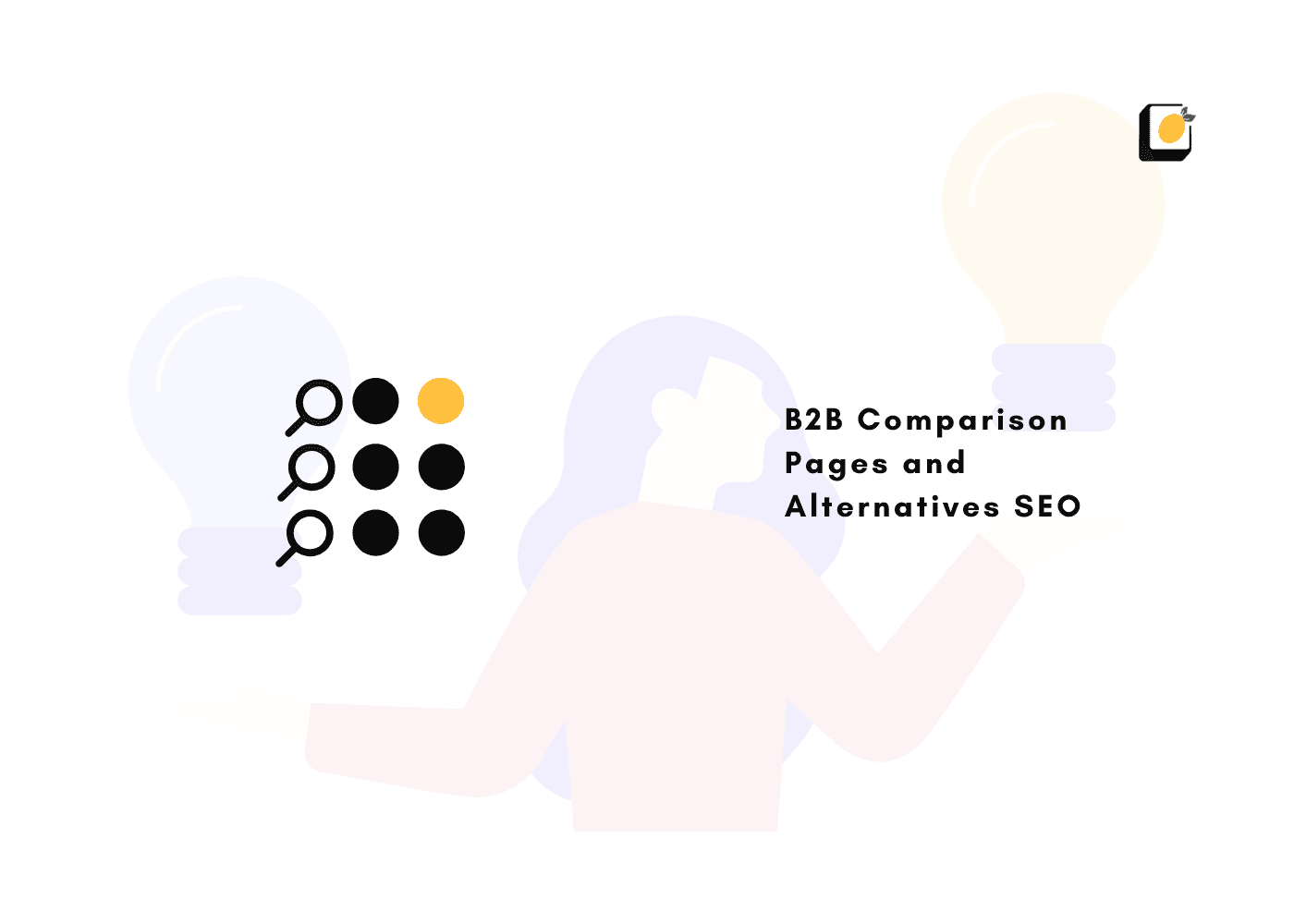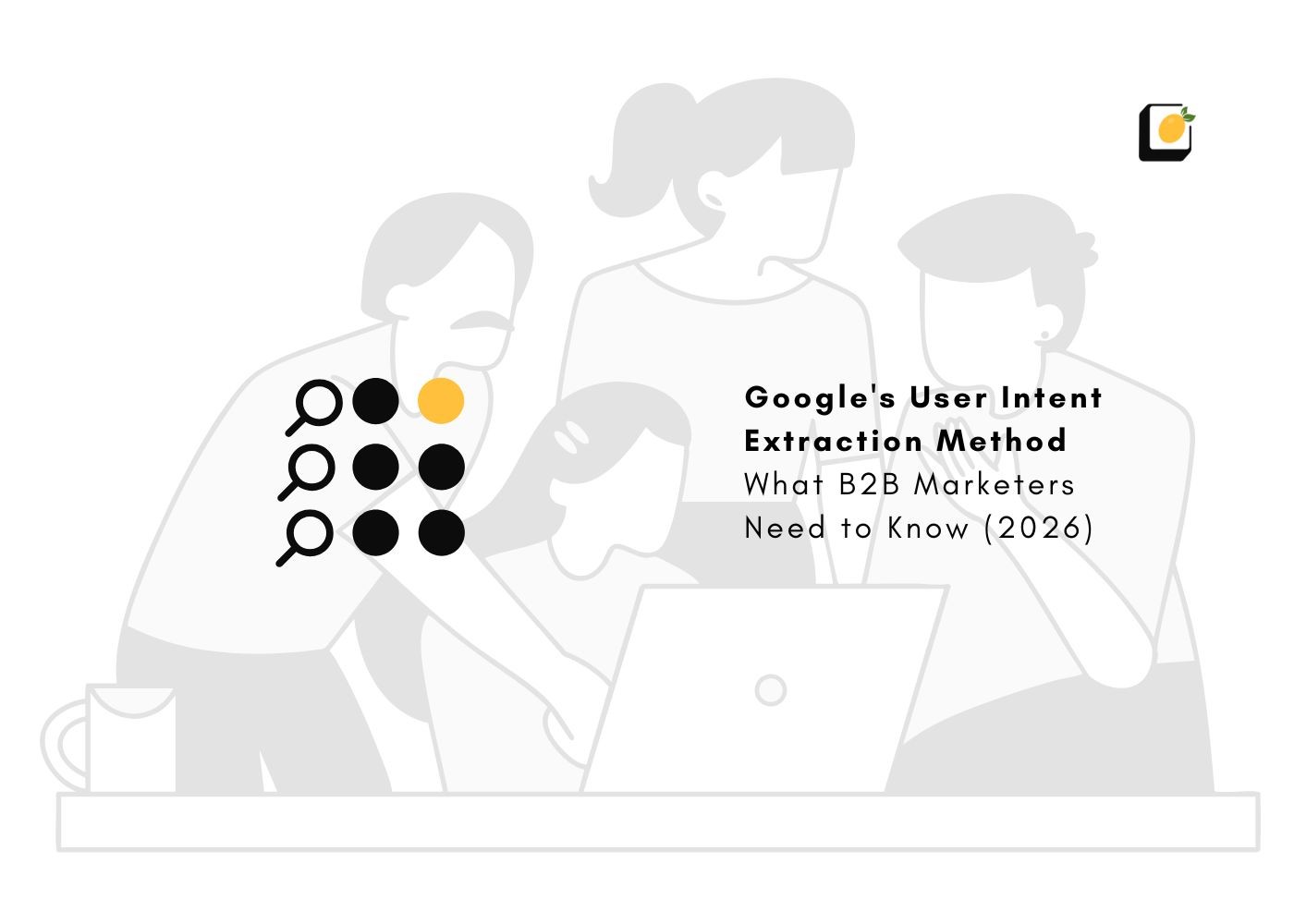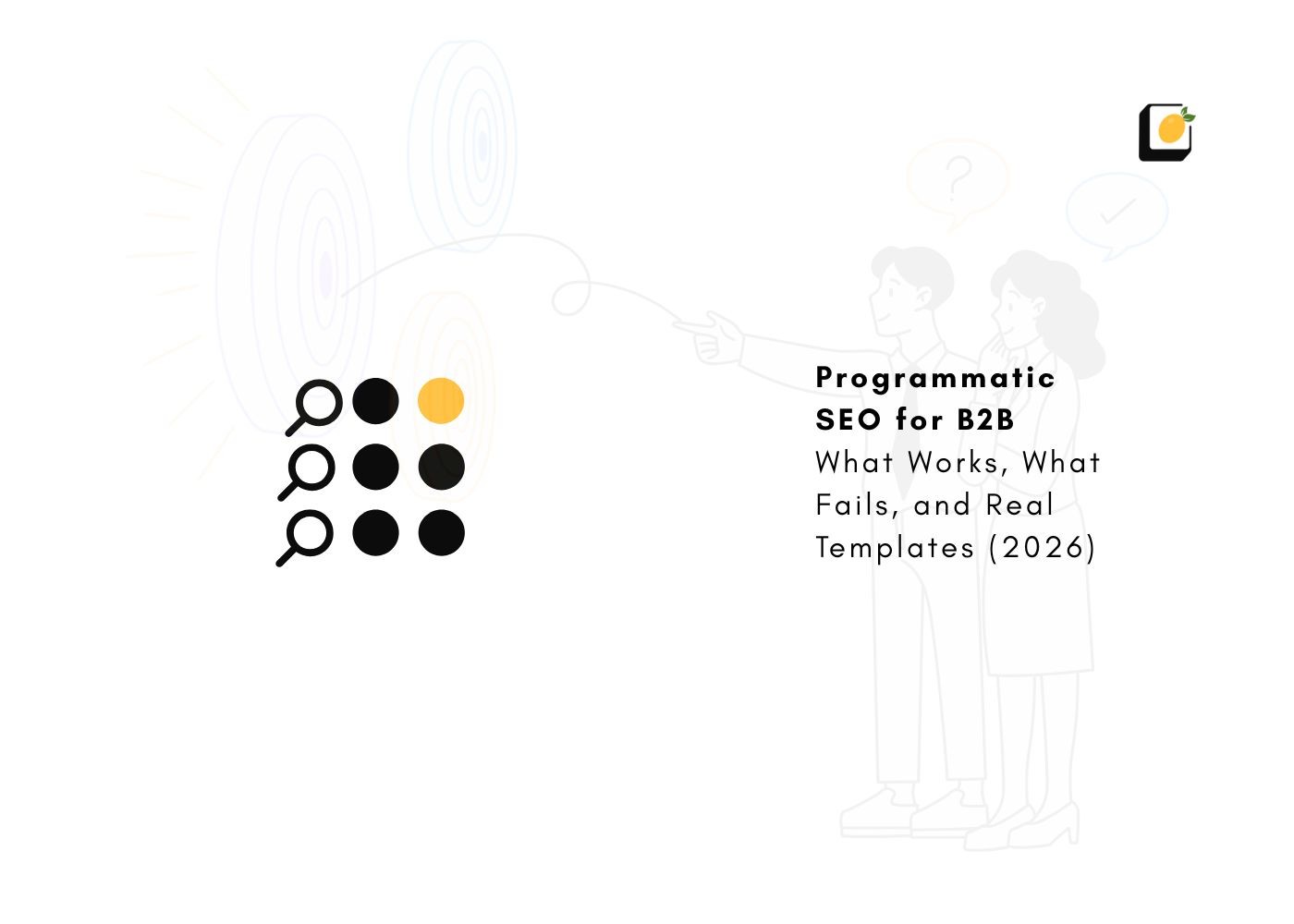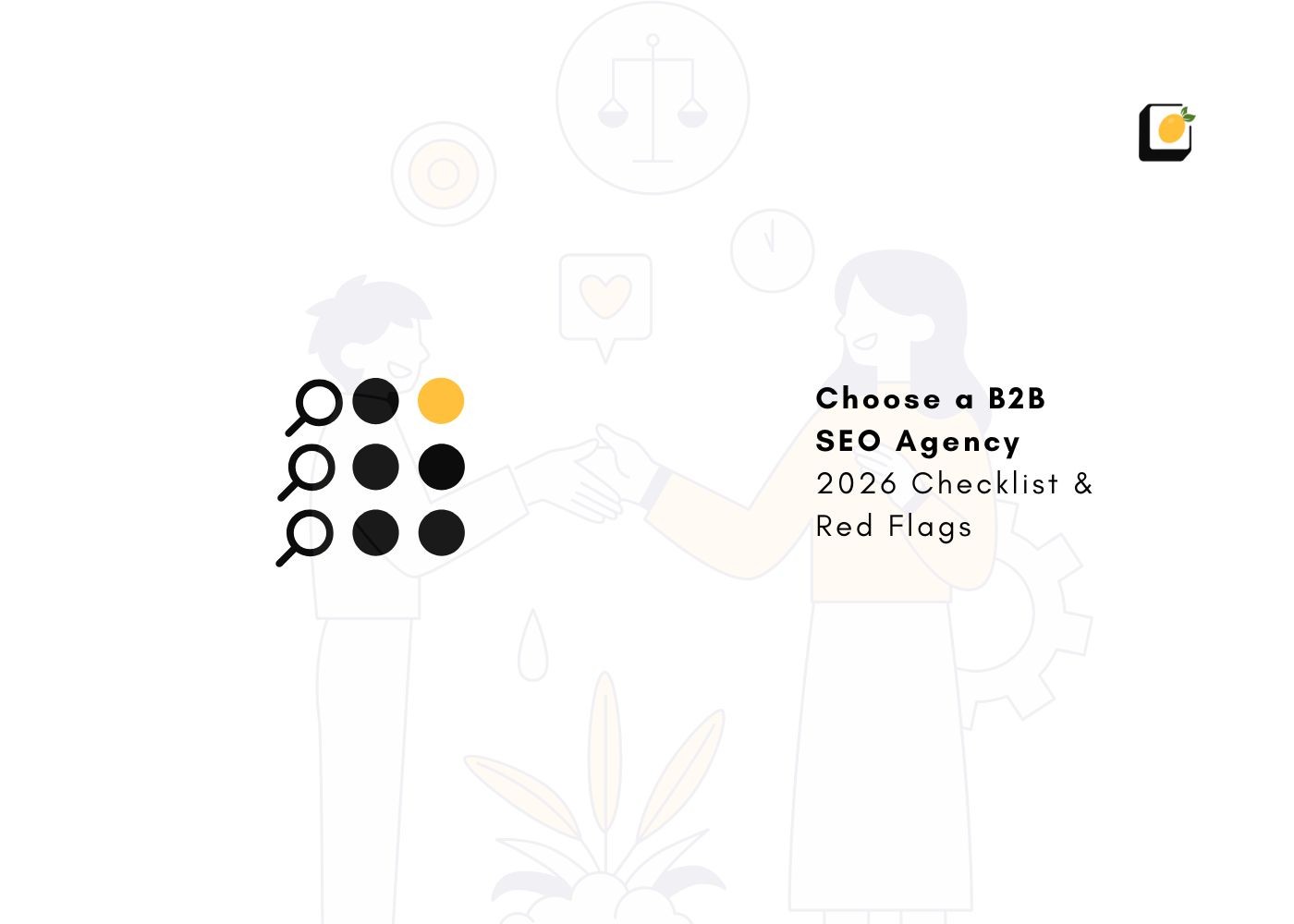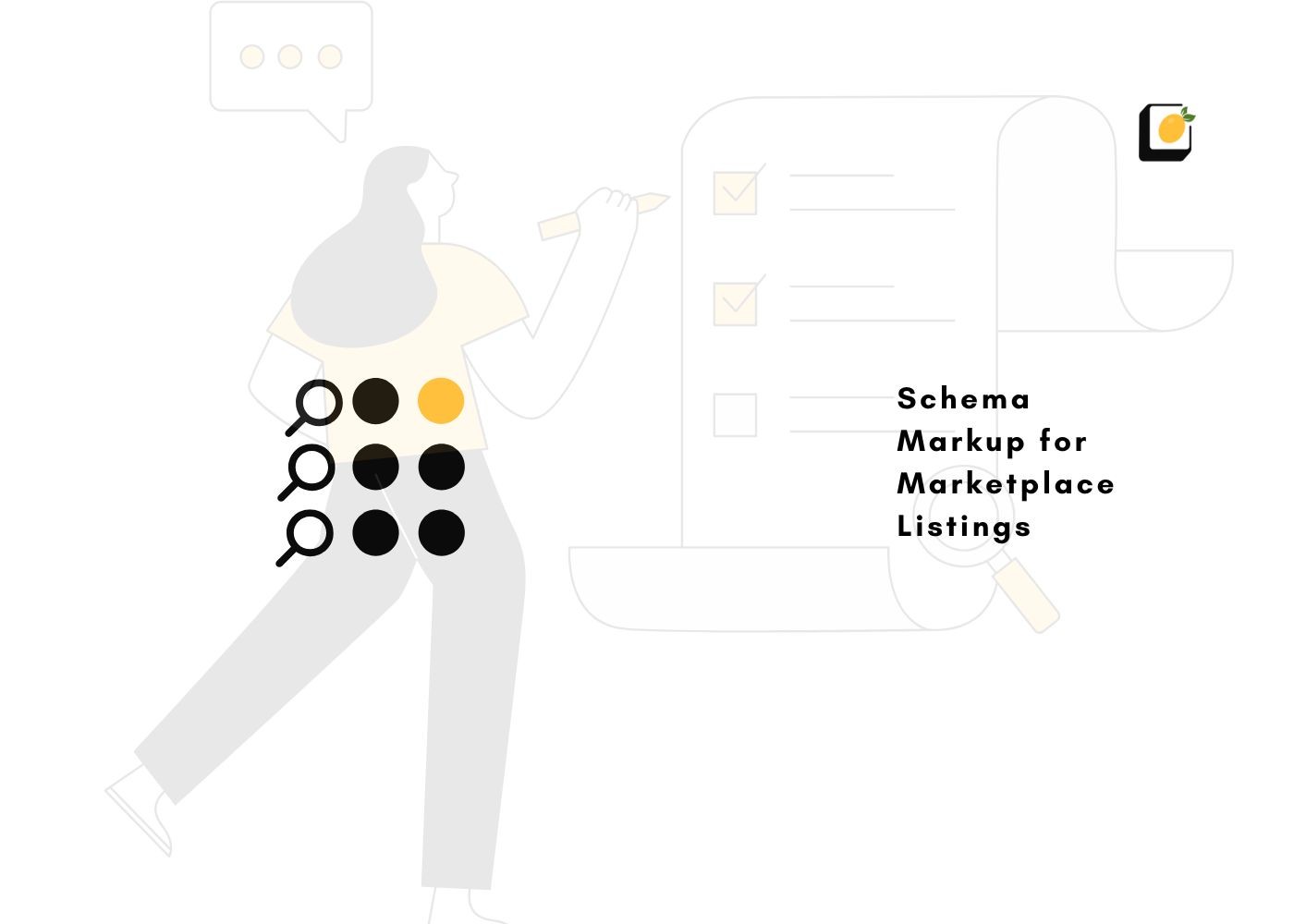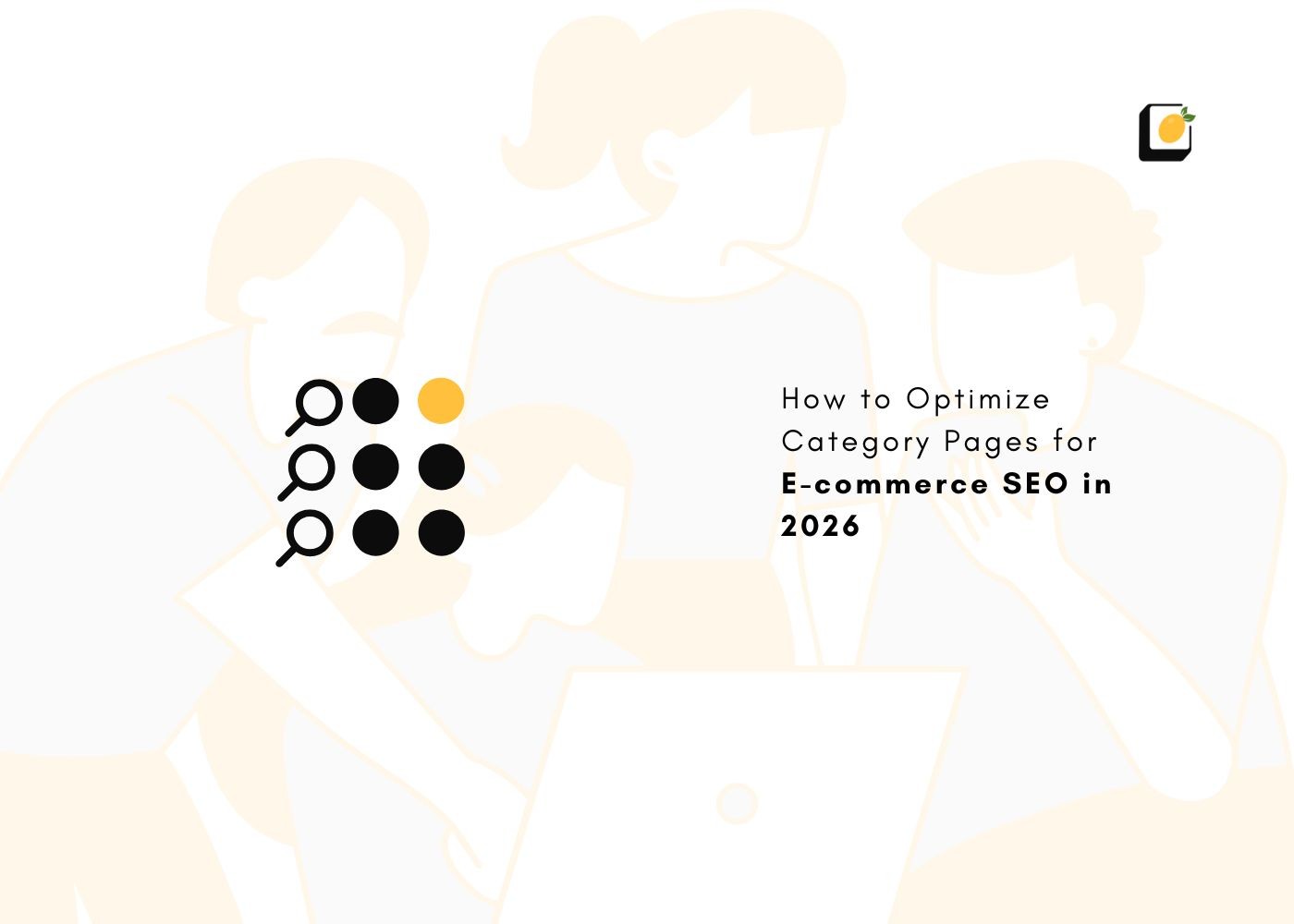Shopify Model Context Protocol (MCP) Explained: The AI ecommerce revolution
May 21, 2025
Join 500+ brands growing with Passionfruit!
The e-commerce landscape has evolved dramatically with the introduction of the Model Context Protocol (MCP). For Shopify merchants seeking competitive advantage through AI integration, Shopify MCP represents a fundamental shift in how online stores connect with artificial intelligence systems.
While many still struggle with complex custom integrations, forward-thinking merchants have already implemented MCP, gaining significant operational advantages over competitors.
What Is Shopify Model Context Protocol: The Technical Foundation
Model Context Protocol establishes a standardized interface enabling seamless communication between AI models and external data sources. Unlike traditional methods requiring custom code for each dataset, MCP creates a universal language allowing AI systems to directly access, interpret, and act upon data from Shopify stores.
The architecture functions through four essential components:
MCP Hosts: Applications requesting information (AI assistants like Claude or ChatGPT)
MCP Clients: Protocols managing communication between hosts and servers
MCP Servers: Programs exposing functionalities for data access
Data Sources: Systems containing information (like your Shopify store)
Shopify MCP Server specifically connects AI assistants with Shopify's e-commerce ecosystem, providing several specialized tools:
Documentation Search
(search_dev_docs): Allows AI assistants to search through Shopify's developer documentationGraphQL Schema Introspection (
introspect_admin_schema): Enables exploration of Shopify's Admin API schemaSpecialized Prompts: Includes tools like
shopify_admin_graphqlfor writing effective GraphQL operations
According to the implementation documentation, the server dramatically reduces the learning curve for developers while accelerating the development of AI-enhanced applications. For store owners without technical backgrounds, MCP removes barriers to implementing sophisticated AI capabilities previously available only to enterprises with dedicated development teams.
Setting Up Shopify MCP Server: A Developer's Guide
The implementation process requires minimal configuration, making Shopify MCP accessible even for teams with limited technical resources.
Prerequisites:
Node.js (version 14 or higher)
An AI tool supporting the Model Context Protocol (Claude, Cursor, etc.)
Basic Installation:
Run the server directly using npx:
text
npx -y @shopify/dev-mcp@latest
For specialized environments like Cursor, additional configuration may be needed in the MCP settings:
json
{
"mcpServers": {
"shopify-dev-mcp": {
"command": "npx",
"args": ["-y", "@shopify/dev-mcp@latest"]
}
}
}
On Windows systems, alternative configuration may be required:
json
{
"mcpServers": {
"shopify-dev-mcp": {
"command": "cmd",
"args": ["/k", "npx", "-y", "@shopify/dev-mcp@latest"]
}
}
}
After setup, verification through simple test queries confirms proper connectivity between the AI assistant and Shopify's ecosystem.
Practical Applications: How Shopify MCP Transforms Commerce Operations
The Shopify Model Context Protocol enables numerous practical applications directly impacting business performance. Based on the implementation documentation from multiple sources, merchants have seen significant operational improvements across several key areas:
Customer Service Enhancement
AI assistants connected via MCP can access customer purchase history, preferences, and support records in real-time, enabling highly personalized interactions. Representatives can:
Pull complete order history while on calls with customers
Reference relevant products based on past preferences
Access shipping information instantly
Process returns or exchanges without switching systems
The elimination of context switching has reduced resolution times by up to 40% for merchants implementing MCP-powered support systems.
Inventory Management Automation
Through Shopify MCP, AI tools monitor inventory levels in real-time, creating advanced management capabilities:
Predictive stockout warnings based on historical velocity
Automatic reordering recommendations
Dynamic adjustment of marketing spend based on product availability
Cross-warehouse optimization suggestions
The seamless connection between AI analysis systems and actual inventory data eliminates lag time that often results in stockouts or overstocking.
Content Generation At Scale
AI systems connected via MCP create various content types optimized for conversion while maintaining brand consistency:
Product descriptions aligned with existing catalog language
Blog posts optimized for semantic SEO value
Email marketing copy personalized based on purchase history
Social media content featuring in-stock items with appropriate messaging
The MCP framework ensures generated content accurately reflects current inventory, pricing, and promotional information.
Comprehensive Analytics Integration
Through MCP, AI analytics tools process Shopify data alongside other business metrics for deeper insights:
Customer lifetime value predictions incorporating browsing behavior
Funnel analysis with granular attribution modeling
Product affinity mapping identifying optimal bundle opportunities
Churn prediction with automated intervention suggestions
The real-time nature of MCP connections means analytics remain current without manual data refreshing or ETL processes.
Zapier Shopify MCP: Expanding Possibilities Without Coding
One of the most powerful implementations comes through Zapier's MCP integration. According to the Zapier documentation, non-technical users can automate complex Shopify operations without writing code.
The Zapier Shopify MCP offers numerous pre-built actions:
Adding line items to orders
Tagging customers based on behavior patterns
Creating blog entries optimized for SEO performance
Establishing product variants with appropriate attributes
Creating and managing draft orders with smart defaults
Handling fulfillment processes across multiple warehouses
The integration works seamlessly with multiple AI assistants including ChatGPT, Claude, and Cursor, making sophisticated automation accessible regardless of technical background.
The SEO Impact: How MCP Affects Search Visibility
While operational benefits remain clear, many merchants overlook Shopify MCP's significant impact on search visibility. The protocol affects semantic SEO through several mechanisms:
Enhanced Content Relevance
AI tools connected via MCP generate content with high semantic keyword relevance, significantly improving search visibility. According to SEO documentation:
Content maintains optimal keyword density (1-3%)
Articles naturally incorporate LSI keywords (Latent Semantic Indexing)
Longtail keyword variations appear naturally throughout content
Content structure follows optimal patterns for topical authority
Improved Search Relevance Through Topic Clustering
MCP-connected AI systems excel at building comprehensive topic clusters around core themes. When implemented effectively:
Main pillar pages thoroughly cover primary topics
Supporting cluster pages address related questions
Internal linking structures strengthen topical associations
Content updates maintain freshness signals while preserving core SEO value
The semantic networks created through MCP-generated content establish stronger authority signals than manually created content hierarchies.
Technical SEO Automation
Through MCP connections, AI systems identify and resolve technical SEO issues automatically:
Schema markup implementation opportunities
Mobile optimization needs
Page speed enhancements
Crawlability improvements
Structured data implementation
The continuous nature of MCP connections ensures ongoing optimization rather than periodic reviews and updates.
The Future of AI Commerce: Shopify MCP in 2026 and Beyond
Model Context Protocol adoption continues accelerating in e-commerce. Based on current implementation trends:
By 2027, MCP will power over 75% of AI-commerce integrations worldwide
Early adopters establishing MCP implementations now gain significant advantages
The protocol will become as fundamental to e-commerce as APIs were in the 2010s
Development standards will increasingly require MCP knowledge as baseline skill
For Shopify merchants specifically, establishing MCP implementations now represents a significant opportunity. The merchants gaining the most advantage combine MCP technical implementation with specialized optimization tools focused on maximizing visibility and conversion.
Why Passionfruit Represents the Ultimate MCP Companion
While Shopify MCP provides the technical foundation for AI commerce integration, Passionfruit delivers specialized expertise needed to maximize its SEO impact. The platform has demonstrated exceptional results across multiple case studies, with implementation data showing:
Weekly SEO Audits
Unlike basic MCP implementations that set-and-forget, Passionfruit provides continuous monitoring and optimization of Shopify stores. The system automatically:
Identifies MCP-related implementation issues affecting visibility
Recommends specific optimization strategies for MCP-generated content
Tracks performance against competitors using similar technologies
Isolates conversion-limiting factors within the MCP framework
Topical Authority Building
The platform goes beyond basic keyword optimization to establish comprehensive topical authority:
Maps semantic relationship between core topics and subtopics
Identifies gaps in subject matter coverage across MCP-generated content
Recommends topic expansion strategies based on user intent analysis
Monitors changing semantic relevance patterns as search algorithms evolve
Technical SEO Automation
Passionfruit automatically identifies and resolves technical SEO issues that prevent MCP-enhanced content from ranking optimally:
Schema implementation errors affecting rich snippets
Mobile rendering inconsistencies common with dynamically generated content
Page speed optimization for MCP-generated pages
Internal linking structure improvements for authority flow
On-Page SEO Enhancements
The system implements precise on-page optimization strategies tailored to both mobile and desktop experiences:
Heading structure optimization for featured snippet opportunity
Image optimization for visual search compatibility
Page structure adjustments for optimal engagement metrics
Reading level adjustments based on audience analysis
Editorial SEO That Converts
Most importantly, Passionfruit ensures MCP-generated content doesn't simply rank well—it converts visitors into customers:
Strategic call-to-action placement within MCP-generated content
Social proof integration at key decision points
Objection handling embedded within informational content
Trust signals positioned strategically throughout the user journey
Conclusion: Taking Action in the MCP Revolution
The Model Context Protocol represents a pivotal moment in e-commerce and artificial intelligence convergence. For Shopify merchants, implementing MCP has rapidly shifted from optional enhancement to competitive necessity as early adopters secure significant advantages in operational efficiency, customer experience, and organic visibility.
Passionfruit provides exactly this combination of technical expertise and strategic insight, helping Shopify merchants not just implement MCP but leverage it for measurable business results. Our AI-powered SEO platform works seamlessly with your Shopify MCP implementation to drive more traffic, enhance user experience, and ultimately increase conversion rates.
Don't just connect your store to AI—optimize it for growth. Visit getpassionfruit.com today to learn how our specialized AI SEO services can help you maximize the impact of your Shopify Model Context Protocol implementation.
FAQ: Essential Questions About Shopify MCP
What is Shopify MCP?
Shopify MCP represents a server implementation of the Model Context Protocol specifically designed to connect AI assistants with Shopify's e-commerce platform. The server allows AI systems to access and manipulate Shopify store data through a standardized interface without requiring custom development for each integration point.
How does Shopify MCP differ from traditional API integration?
Unlike traditional APIs requiring custom coding for each integration, Shopify Model Context Protocol provides a standardized framework AI systems can use without extensive customization. The protocol handles authentication, schema understanding, and data formatting automatically, reducing development time from weeks to hours for typical integrations.
Can small Shopify stores benefit from MCP implementation?
Small stores often see proportionally larger benefits from MCP implementation as the technology provides enterprise-level AI capabilities without requiring extensive development resources. The democratization of advanced technologies through standardized protocols enables small merchants to compete effectively with larger retailers on customer experience and operational efficiency.
What specific tools does Shopify MCP Server provide?
The server offers several specialized tools including documentation search capabilities, GraphQL schema introspection, and specialized prompts for writing effective GraphQL operations. These tools enable AI assistants to better understand Shopify's API ecosystem and generate more accurate code and recommendations for store operations.
How does MCP affect SEO performance for Shopify stores?
MCP implementations significantly impact SEO through multiple mechanisms including enhanced content relevance, improved topic clustering, technical SEO automation, and structured data implementation. The connection between AI systems and live store data ensures content remains relevant, fresh, and aligned with actual inventory and capabilities.


